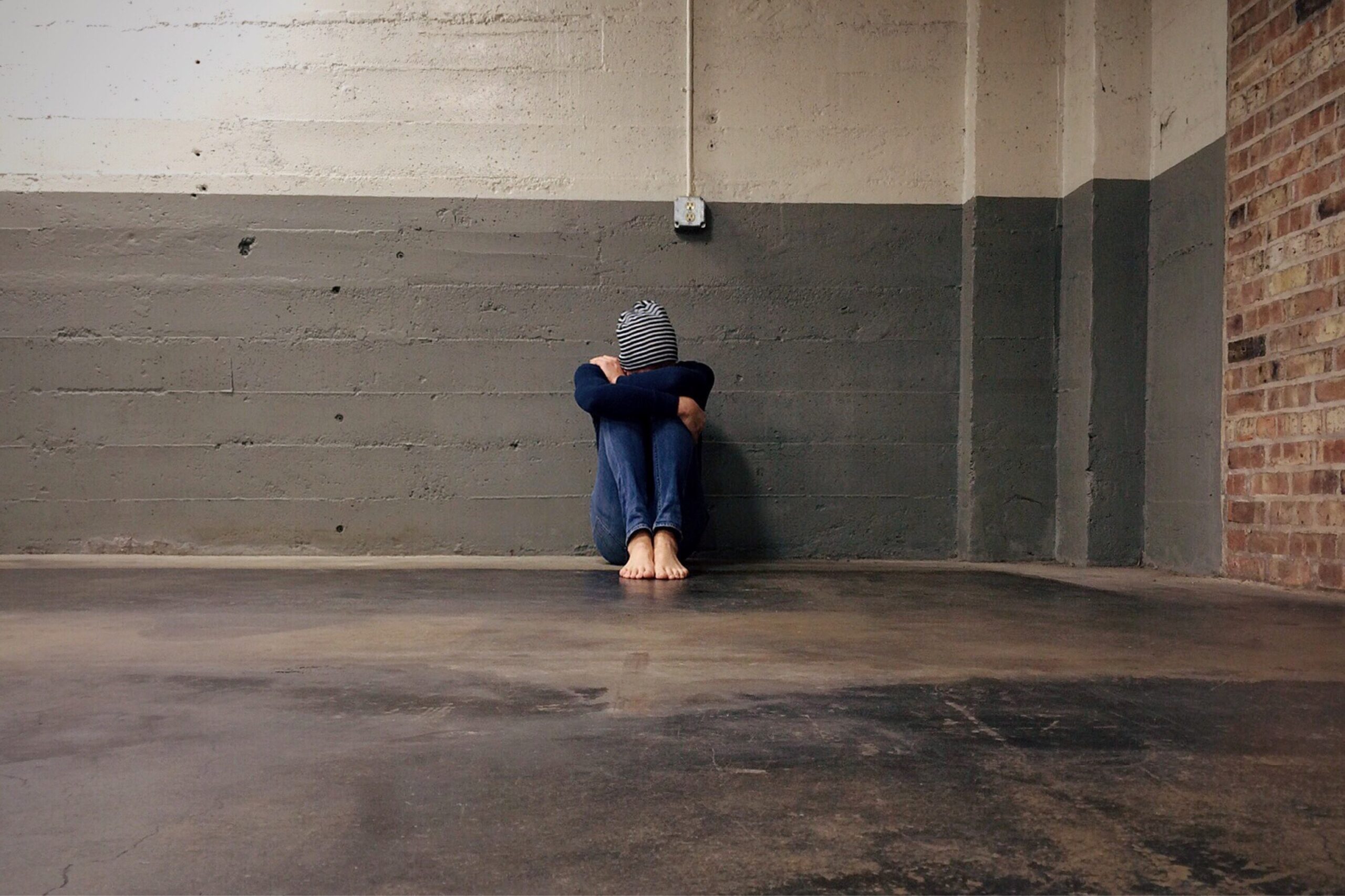I don’t like to do a lot of things in my adult life, and yet every day I do them. From courses in college I hated, to going to the grocery store and unloading the dishwasher, adulthood is filled with tasks that range from mundane to miserable. Everyday I do things that I don’t like or want to do and I still get them done and the same goes for attending 12-step meetings. I have to do it. Still, people entering into recovery have a lot to say about why they don’t like 12-step meetings, why they don’t want to go, and why it won’t work for them.
Continue readingFamily Intervention: Changing the Manager
The process of intervention is an opportunity for the family to come together and manage the addiction in a proactive way. For years, families respond to the chaos of addiction. Intervention is the opportunity for a family to look at that pattern and determine how they will handle future situations.
Continue readingNew Boundaries After Battling Addiction
Families know in their guts that something isn’t right. When they address the concerned person, a process of gaslighting, or turning the warranted concern around on the person that voiced it. As a result, loved ones start to question their premonition and offer the person the benefit of the doubt all the while, the addiction is unknowingly in control of everyone affected.
Continue readingImagining Addiction: Your Cell Phone
What if I asked you to drop your phone in the mailbox and send it to me? It’s a big ask, isn’t it? We’ve become reliant on phones for years, habitually checking for new messages and reading updated news, and now here I am, telling you to give it up.
Continue readingTalking to an Addicted Person about Recovery
rn (POC) it is important to change the way that you have been talking to them in the past. Below are some of my favorite phrases to use when addressing someone with addiction.
Continue readingWhat Does an Intervention Look Like?
An intervention is not a one-off event; it is a recovery process. I commit to working with families for 90 days to ensure that the person suffering begins treatment successfully and has a plan that will ensure long term recovery. Committing the first time can lock in lasting recovery, making the intervention a process that only has to be done once.
Continue readingWhen an Addict Says, “I’ll think about it”
Thinking about recovery is about as effective as thinking about going to the gym. it does nothing to help the person actually recover.
Continue readingThe Functional Alcoholic
If you consider yourself a functional alcoholic, are you really functioning at your highest level? Or have you lowered the bar of what’s acceptable to cater to your addiction?
Continue readingEarly Intervention: Understanding Meth
The effects of P2P meth can be devastating; debilitating side effects of meth use are now realized in a matter of months – side effects that were not seen for years with traditional crystal meth.
Continue readingROI on Addiction Recovery
When putting a dollar value on recovery, consider how much money you would pay to change everything in your life. How much would you pay to keep your children? How much would you pay to keep your job? How much would you pay on your child’s behalf to totally change their life? How much would you pay to have four more hours in a day?
Continue readingHow I loved and Lost an Alcoholic
I think conducting a formal intervention is a very important part of dealing with a loved one’s addiction. We don’t know if they are going to recover, but by doing an intervention and by sticking with the intervention process for several months, families can be assured that they tried everything they could to help.
Continue readingStay-at-Home Mom Kelly
It wasn’t until the COVID-19 crisis that her life totally fell apart. Overnight, she had to start homeschooling, her daily activities were totally disrupted, and the stress of having three kids (and her husband!) in the house all day long drove her to drink more and more.
Continue readingBeing Sober – You Can’t Just Think About It
The Myth of Hitting Rock Bottom
Our goal with an intervention is to help someone see the consequences of their substance use, to shine a light on something that they are missing. We want to help them choose recovery at a point before rock bottom.
Continue readingBattling Addiction and Mental Health Issues
To determine how to help someone, it is necessary to hear the stories of the people around them. To find the right facility for a person in need, we need to know whether the issue is an addiction or a mental health problem or both.
Continue readingWith Addiction, Short Term Success Doesn’t Guarantee Long Term Recovery
Recovery takes time. A successful plan often involves attending treatment, months of therapy, and a lifetime commitment to change.
Continue readingAfter the Intervention, the Expected Will Happen
Nevertheless, we have to prepare for the days following an intervention. Most of the time, the same thing happens: the person we intervened on will paint me as the enemy.
Continue reading12-Steps: From Imperfection to Perfection
I don’t know how I got to 12 years, but I do know that I stuck out going to recovery meetings; I have few that I regularly attend, week after week, year after year. My friends are in these meetings. I recognize just about everyone in attendance, and I look forward to going and catching up with them weekly.
Continue readingAftercare: Reintegrating the Family
Returning home, after treatment, is where the rubber meets the road in recovery. Most treatment facilities have family programs where clinicians begin working with the family as soon as the patient checks in. This can be key to long-term success, for both the patient and the family.
Continue readingAfter Treatment: Walking Back Into Real Life
For someone to successfully recover, work needs to be done in his or her daily living situations. This takes time. There is a saying that anyone can stay sober in a treatment facility. Additional time and energy must be spend on recovery on return home.
Continue reading
















